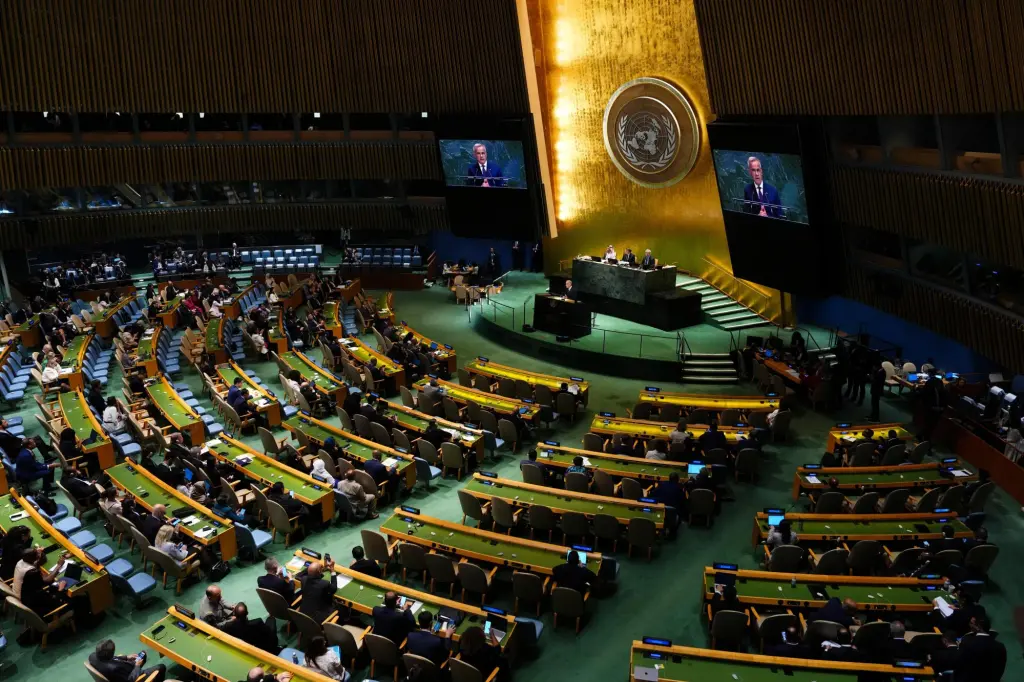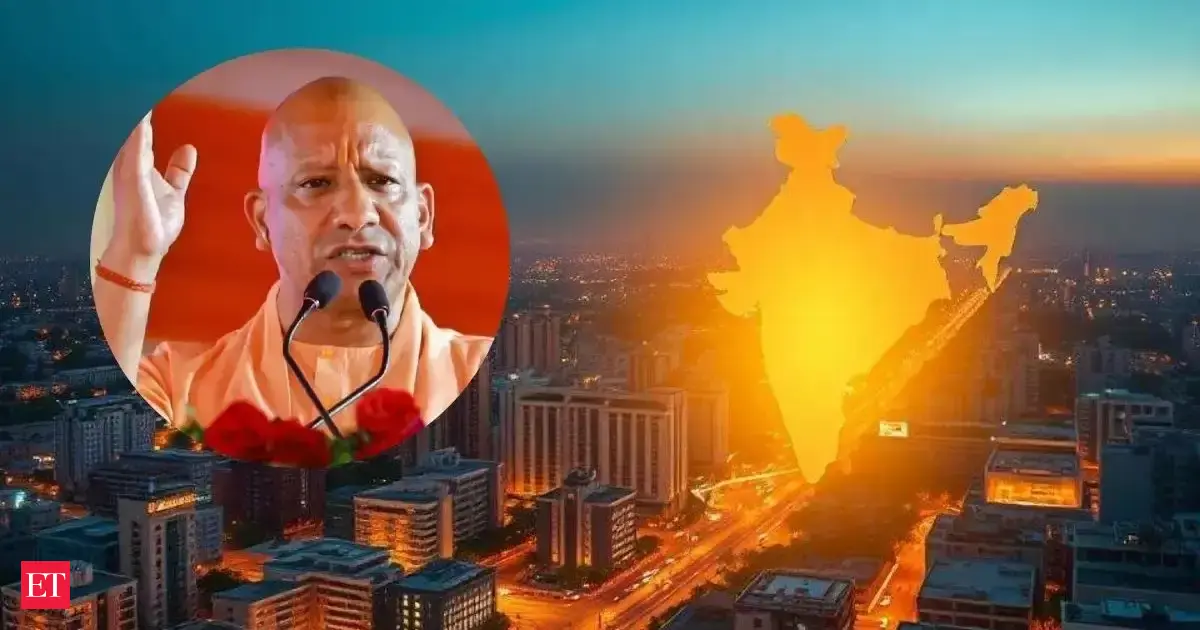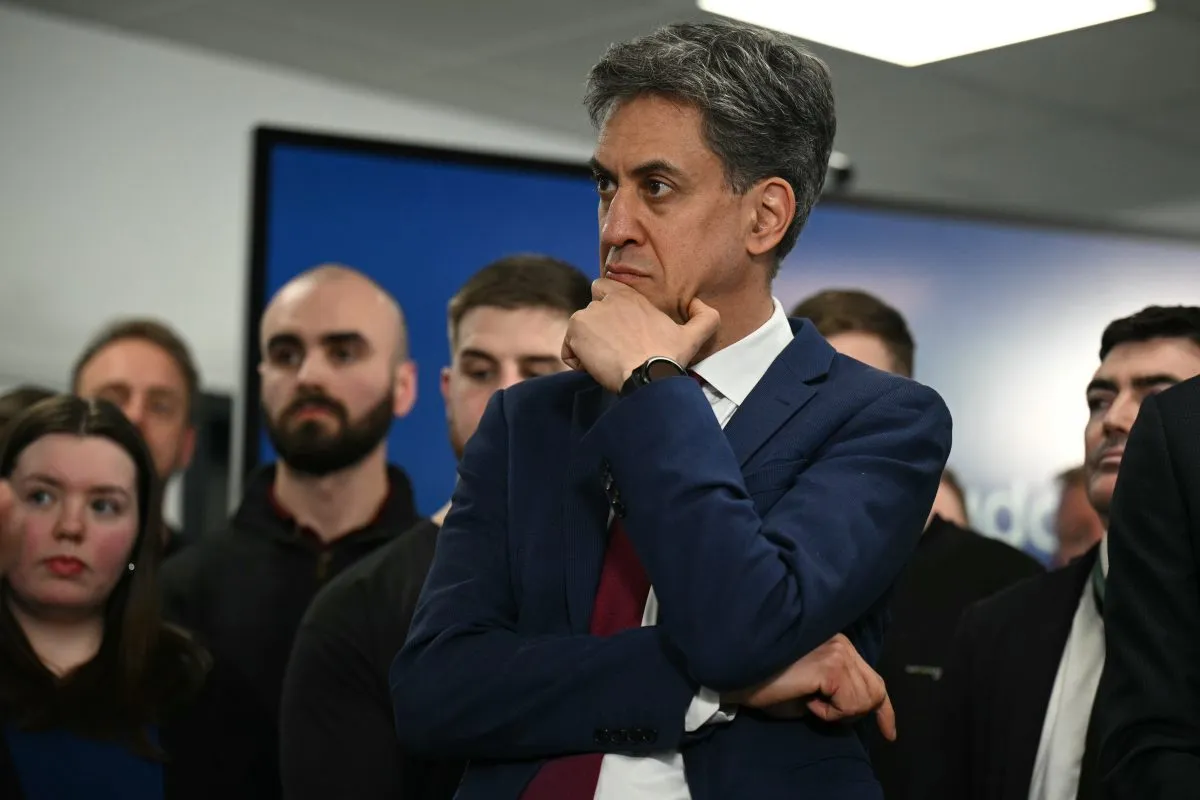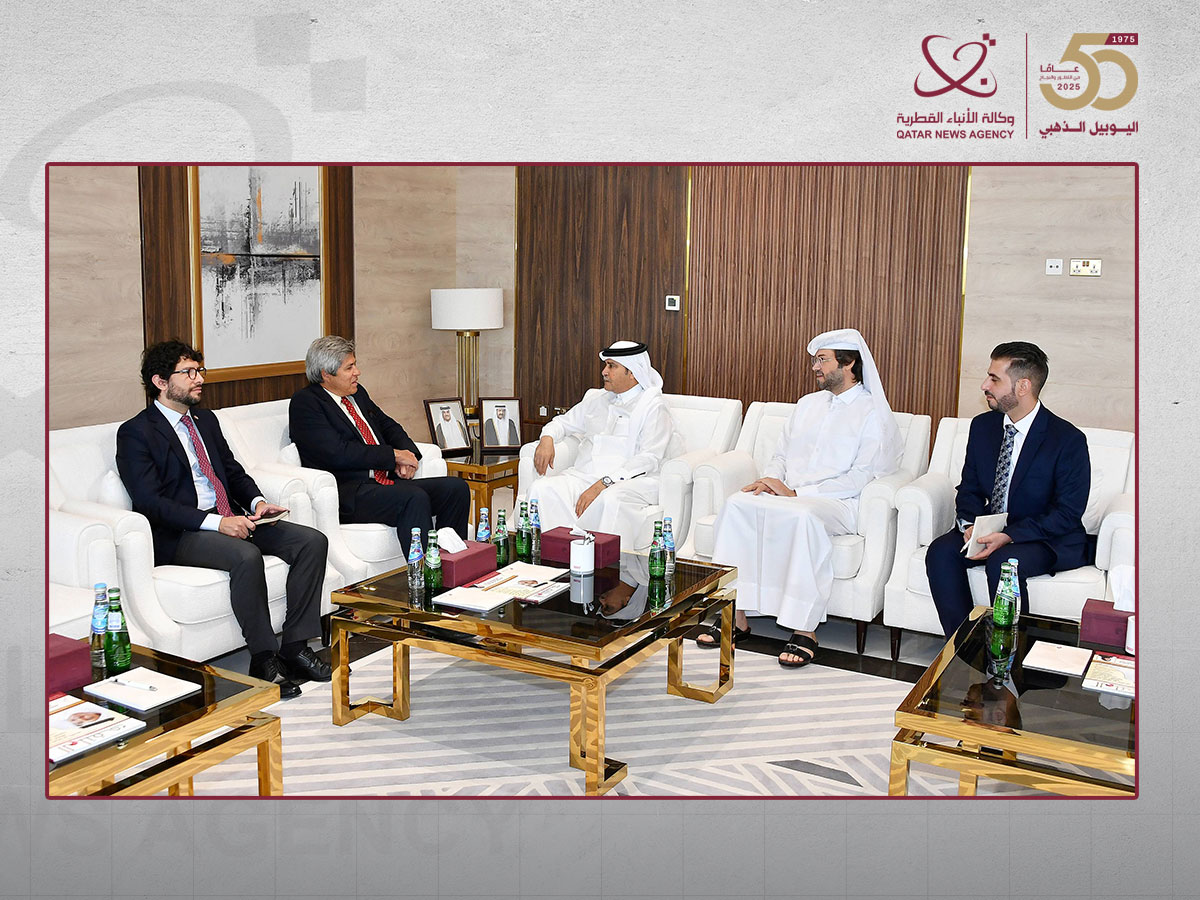
To place an obituary, please include the information from the obituary checklist below in an email to obits@pioneerpress.com. There is no option to place them through our website. Feel free to contact our obituary desk at 651-228-5263 with any questions.
General Information:
Your full name,
Address (City, State, Zip Code),
Phone number,
And an alternate phone number (if any)
Obituary Specification:
Name of Deceased,
Obituary Text,
A photo in a JPEG or PDF file is preferable, TIF and other files are accepted, we will contact you if there are any issues with the photo.
Ad Run dates
There is a discount for running more than one day, but this must be scheduled on the first run date to apply.
If a photo is used, it must be used for both days for the discount to apply, contact us for more information.
Policies:
Verification of Death:
In order to publish obituaries a name and phone number of funeral home/cremation society is required. We must contact the funeral home/cremation society handling the arrangements during their business hours to verify the death. If the body of the deceased has been donated to the University of Minnesota Anatomy Bequest Program, or a similar program, their phone number is required for verification.
Please allow enough time to contact them especially during their limited weekend hours.
A death certificate is also acceptable for this purpose but only one of these two options are necessary.
Guestbook and Outside Websites:
We are not allowed to reference other media sources with a guestbook or an obituary placed elsewhere when placing an obituary in print and online. We may place a website for a funeral home or a family email for contact instead; contact us with any questions regarding this matter.
Obituary Process:
Once your submission is completed, we will fax or email a proof for review prior to publication in the newspaper. This proof includes price and days the notice is scheduled to appear.
Please review the proof carefully. We must be notified of errors or changes before the notice appears in the Pioneer Press based on each day’s deadlines.
After publication, we will not be responsible for errors that may occur after final proofing.
Online:
Changes to an online obituary can be handled through the obituary desk. Call us with further questions.
Payment Procedure:
Pre-payment is required for all obituary notices prior to publication by the deadline specified below in our deadline schedule. Please call 651-228-5263 with your payment information after you have received the proof and approved its contents.
Credit Card: Payment accepted by phone only due to PCI (Payment Card Industry) regulations
EFT: Check by phone. Please provide your routing number and account number.
Cash: Accepted at our FRONT COUNTER Monday – Friday from 8:00AM – 3:30PM
Rates:
The minimum charge is $162 for the first 10 lines.
Every line after the first 10 is $12.20.
If the ad is under 10 lines it will be charged the minimum rate of $162.
On a second run date, the lines are $8.20 per line, starting w/ the first line.
For example: if first run date was 20 lines the cost would be $164.
Each photo published is $125 per day.
For example: 2 photos in the paper on 2 days would be 4 photo charges at $500.
Deadlines:
Please follow deadline times to ensure your obituary is published on the day requested.
Hours
Deadline (no exceptions)
Ad
Photos
MEMORIAM (NON-OBITUARY) REQUEST
Unlike an obituary, Memoriam submissions are remembrances of a loved one who has passed. The rates for a memoriam differ from obituaries.
Please call or email us for more memoriam information
Please call 651-228-5280 for more information.
HOURS: Monday – Friday 8:00AM – 5:00PM (CLOSED WEEKENDS and HOLIDAYS)
Please submit your memoriam ad to memoriams@pioneerpress.com or call 651-228-5280.
By EDITH M. LEDERER, JENNIFER PELTZ and FARNOUSH AMIRI, Associated Press
UNITED NATIONS (AP) — With global peace and progress under siege, the United Nations chief challenged world leaders Tuesday to choose a future where the rule of law triumphs over raw power and where nations come together rather than scramble for self-interests.
Secretary-General Antonio Guterres said the U.N.’s founders faced the same questions 80 years ago, but he told today’s world leaders at the opening of their annual gathering at the General Assembly that the choice of peace or war, law or lawlessness, cooperation or conflict, is “more urgent, more intertwined, more unforgiving.”
“We have entered in an age of reckless disruption and relentless human suffering,” he said in his annual “state of the World” speech. “The pillars of peace and progress are buckling under the weight of impunity, inequality and indifference.”
Guterres said the leaders’ first obligation is to choose peace, and without naming any countries he urged all parties — including those in the assembly chamber – to stop supporting Sudan’s warring parties.
He also didn’t name Israel but used his strongest words against its actions in Gaza, saying the scale of death and destruction are the worst in his nearly nine years as secretary-general, and that “nothing can justify the collective punishment of the Palestinian people.”
While Guterres has repeatedly said only a court can determine whether Israel has committed genocide in Gaza, he referred to the case South Africa brought to the U.N.’s highest court under the genocide convention by name – and stressed its legally binding provisional measures, first and foremost to protect Palestinian civilians.
Since the International Court of Justice issued that ruling in January 2024, Guterres said, killings have intensified, and famine has been declared in parts of Gaza. He said the court’s measures “must be implemented – fully and immediately.”
The U.N. also is facing financial cuts as the U.S. and some other nations pulled back funding or have yet to pay their dues. Guterres said aid cuts are “wreaking havoc,” calling them “a death sentence for many.”
Also on tap Tuesday: A speech from U.S. President Donald Trump, who has long made his distaste for much of the U.N.’s activities clear. His speech was expected to target “globalism” and, as in previous appearances, promote U.S. interests.
Israeli-Palestinian conflict takes center stage
With global support for a Palestinian state growing, Israel’s devastating war in Gaza is expected to take center stage. But humanity’s myriad conflicts, rising poverty and heating planet will also be in the spotlight.
The General Assembly ’s big week of meetings began Monday with events including a conference on the Israeli-Palestinian conflict. Tuesday kicks off the “General Debate” — more of an agglomeration of speeches — in which presidents, prime ministers, monarchs and cabinet members give their annual take on the state of the world and their own nations.
Brazilian President Luiz Inacio Lula da Silva, U.S. President Donald Trump, Turkish President Recep Tayyip Erdogan, Jordan’s King Abdullah II, French President Emmanuel Macron, South Korea’s President Lee Jae Myung and South African President Cyril Ramaphosa are among those scheduled to speak Tuesday. Brazil leads off in a decades-long tradition dating to when it was the only nation that volunteered to speak first.
Previewing a likely emphasis of the Debate, General Assembly President Annalena Baerbock said Monday that the U.N. is at a crossroads.
“We cannot take the easy path and simply give up,” she said at an event marking the world body’s 80th anniversary. “We have to choose the right path, to show the world that we can be better together — not because the last 80 years were perfect, but because for 80 years, we have tried.”
Geopolitical problems keep getting more complex
While the Debate’s theme is “Better Together,” observers can expect a rundown of ways in which the world is falling apart.
Born on the rubble of World War II to bring nations together to solve problems they couldn’t tackle alone, the U.N. is seeing its principles “under assault as never before,” Guterres said.
Gaza already has seized attention at the General Assembly. Monday’s conference, co-chaired by France and Saudi Arabia, focused on garnering support for the longstanding idea of a two-state solution to the Israeli-Palestinian conflict.
The hours-long meeting ended with several countries, including France, Belgium, Luxembourg, Malta, and Monaco, announcing or confirming their recognition of a Palestinian state, a day after the United Kingdom, Canada, Australia and Portugal did. Others, such as Germany, Italy and Japan, took part in the conference but did not recognize such a state. Around three-fourths of the U.N.’s 193 member countries now do.
Notably absent were Israel and the U.S. They boycotted the event, saying the international push for a Palestinian state rewards Hamas, the militant group that still controls parts of Gaza, and makes it harder to reach a deal to halt the war and return the remaining hostages held in the enclave.
On Tuesday, many eyes will be on Trump, who returns to the Assembly rostrum five years after he last addressed the gathering by video. The 2020 event was held virtually because of the coronavirus pandemic.
The U.S. president’s “America First” credo has always been a tricky fit with the U.N.’s commitment to global-scale shared decision-making, and his current administration has slashed Washington’s direct spending on international aid, pulled his country out of some U.N. bodies and pulled some of the funding for the world organization itself.
Almost all U.N. member nations have signed up to take their turn during the Assembly’s six-day-long speechfest. The speakers’ list so far includes 89 heads of state, 43 heads of government, 10 people who are vice presidents or deputy prime ministers and 45 foreign ministers and other ministerial-level officials.
Originally Published: September 23, 2025 at 8:41 AM CDT



